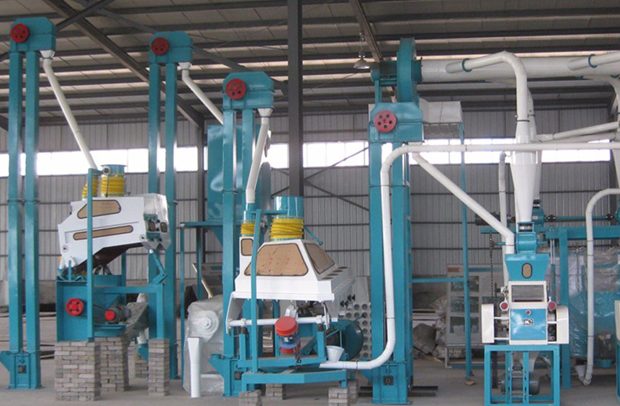FIFTY (50) small-scale processing factories will be established by the end of this year in 50 districts across the country, President Nana Addo Dankwa Akufo-Addo has said.
The factories are to be situated particularly in areas where there is evidence of significant post-harvest losses.
They will be under the Rural Enterprises Programme, funded by the African Development Bank and the International Fund for Agricultural Development.
President Akufo-Addo in his State of the Nation Address said, “the ‘One-District-One- Factory’ policy has taken off, and 79 factories under the scheme are at various stages of operation or construction. Another 35 are going through credit appraisal.”
He said there is a lot of activity going on under the scheme, and it has awoken the interest of young people to go into manufacturing business adding that the new factories will be owned and managed by organized youth groups, with technical support from the Ministry of Trade and Industry.
He said his administration had decided to give the textiles industry a major motivation to help put it on its strong footing.
According to the President, his administration had identified the struggles of the local textiles industry as many textiles companies had died out of these struggles.
“The local textiles industry is therefore been granted a zero rated tax for the supply of locally made textiles for a period of 3 years” he added.
He also stated the government was set to put in place a tax stamp regime for both locally manufactured and imported textiles to address the challenge of pirated designs from locals in the textiles trade.
He added that Ghana’s textiles’ import management system had initiated positive control importation of textiles.
“Our local textile industry has been struggling for years, and many textile companies have, indeed, gone under. We have decided to give it a major stimulus to help put it on a strong footing.
“The local textile industry has, therefore, been granted a zero-rated VAT on the supply of locally-made textiles for a period of three years.
“We have put in place a tax stamp regime for both locally manufactured and imported textiles to address the challenge of pirated designs and logos in the textile trade.”
By Jamila Akweley Okertchiri & Mohammed Brimah

